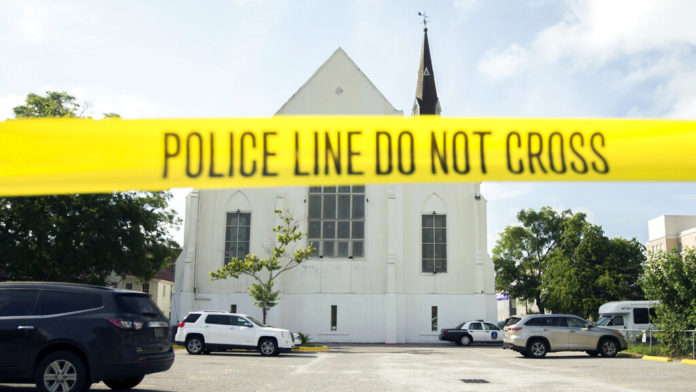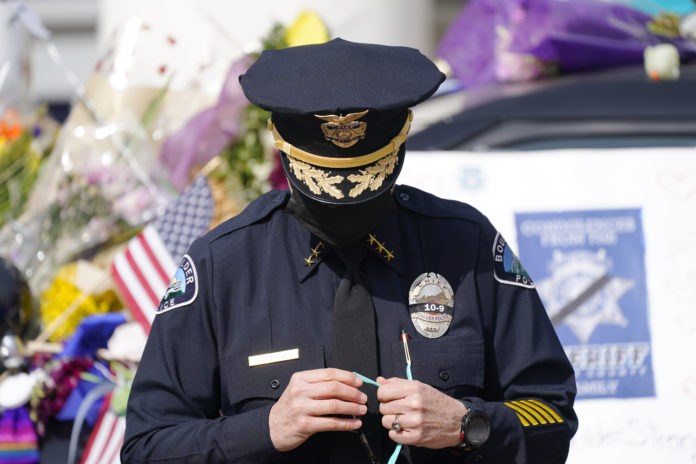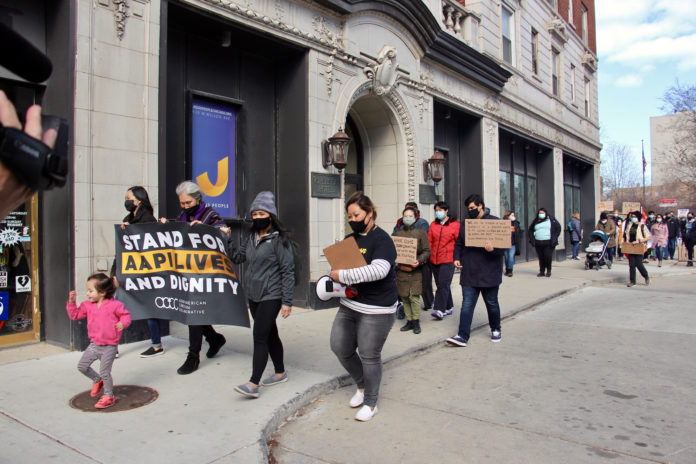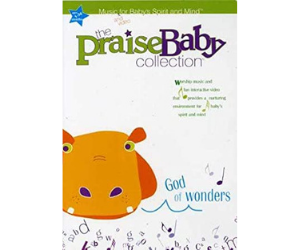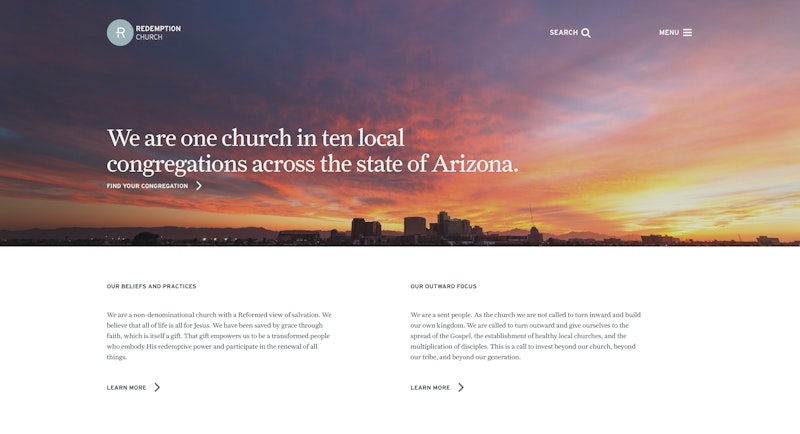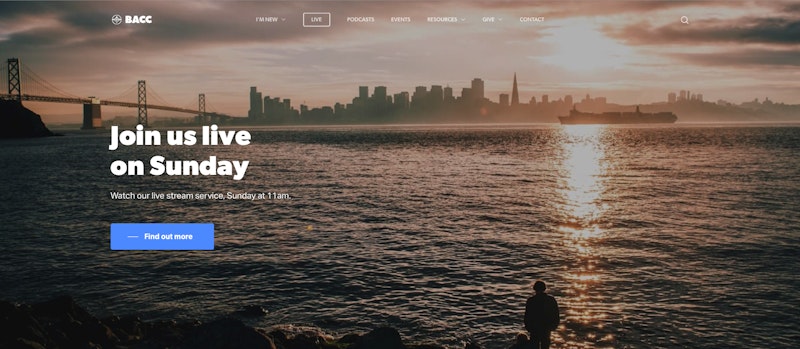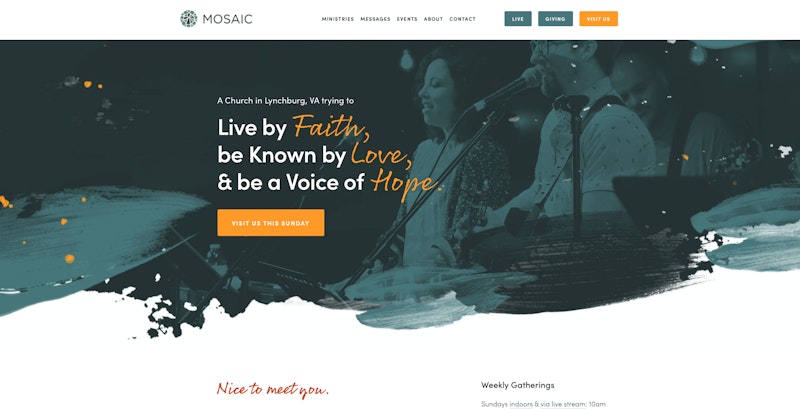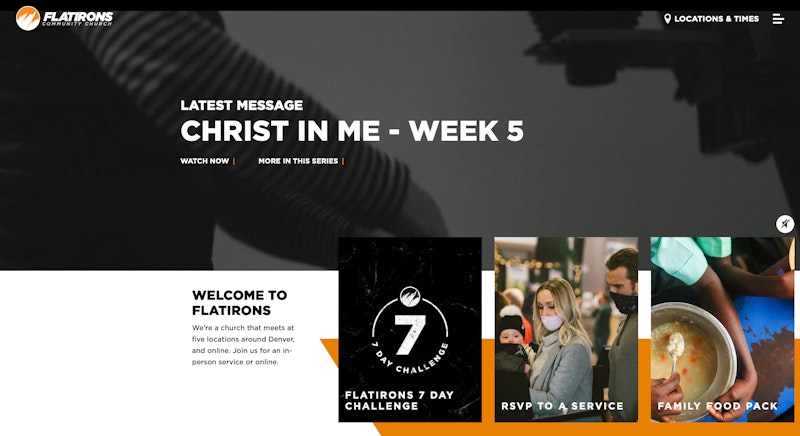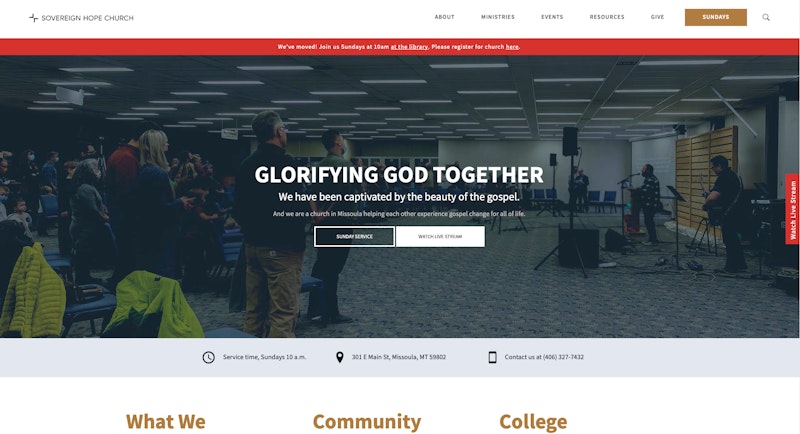Christian rapper Lecrae shared that Saturday he participated in a Passover seder meal, an experience he described as “powerful.” Lecrae posted about the seder on his social media accounts, along with pictures of his visit to Israel in 2019.
“Going thru the process of eating the bitter herbs, unleavened bread, wine, and prayers was powerful,” said Lecrae. “I look forward to celebrating in Jerusalem in the future and more importantly in the New Jerusalem forever.”
View this post on Instagram
What Is a Passover Seder?
“Seder” is a word that means “order,” and the Passover seder is a ritual in which Jewish people remember that God set the people of Israel free from slavery in Egypt. In Exodus 13:3, Moses says, “Commemorate this day, the day you came out of Egypt, out of the land of slavery, because the LORD brought you out of it with a mighty hand.” Passover 2021 began at sundown on Saturday, March 27, and will conclude at Sunday evening, April 4.
God famously set the nation of Israel free by bringing 10 plagues upon Egypt, the last of which was the death of the firstborn. Prior to that plague and as part of their observance of the first Passover, the Israelites were to eat an unblemished lamb, along with bitter herbs and unleavened bread. God told them to put the blood of the lamb on the door frames of their houses. Then, when God passed through the land to strike down the firstborn, he would “pass over” every house that had the lamb’s blood on the door frames. Passover was later commemorated as a feast (the Feast of Unleavened Bread) that the Israelites were to celebrate in memory of God’s salvation. Throughout the Old Testament, Passover is treated as a defining moment in Israel’s history and in the nation’s relationship with God.
According to My Jewish Learning, “Freedom is one of the primary themes of the seder. The seder permits Jews to worship God through prayer, study, and learning by taking part in what is essentially a lesson of Jewish history, literature, and religion. Participation in the seder lets one symbolically and vicariously relive the Exodus.”
The seder involves 14 stages that include singing, storytelling, ritual washing and eating foods that have symbolic meaning. For example, the seder opens with a blessing over wine, and two steps of the seder involve eating matzah, or unleavened bread. Another stage involves eating “bitter herbs,” represented by horseradish. Participants eat a full meal towards the end of the seder, and the ceremony wraps up with the Nirtzah.
Passover is important to Christianity, not least because Jesus instituted the Lord’s Supper on it and observed it as his last meal with his disciples before he was crucified. The symbolism of the Passover seder in its own right is significant to Christians because Scripture says that the ritual has found its fulfillment in Jesus.
For example, in 1 Corinthians 5, Paul writes that Jesus is our Passover lamb and gives a spiritually symbolic meaning to the unleavened bread. Rebuking the Corinthian church for tolerating sexual immorality, Paul says, “Don’t you know that a little yeast leavens the whole batch of dough? Get rid of the old yeast, so that you may be a new unleavened batch—as you really are. For Christ, our Passover lamb, has been sacrificed.” Because of the significance of Passover to Christianity, some Christians participate in a version of the Passover seder on Easter.
Lecrae has observed versions of other Jewish rituals in the past as part of his Christian faith. During his trip to Israel, he was baptized in the Jordan River, a decision that drew criticism from some who said that he did not need to be baptized again because he was already a believer.
Before I say my next bit, know I support you and what you do.
Baptism is one of the first steps in proclaiming your new life Christ. You, on the other hand, took a weird bath in a very significant place.— Joshua Fletcher (@joshuafletchor) September 20, 2019
Among his explanations for why he chose to be baptized in the Jordan, the rapper said, “it’s Mikvah,” referring to a ritual bath used for a variety of purposes in Judaism.
“I love the Jordan because of all the symbolism it holds,” said Lecrae of his experience. “It was the border of the promised land. It was the picture of safety and security. Getting baptized in it was an incredible experience for me.”


